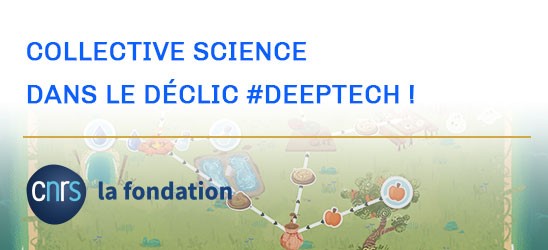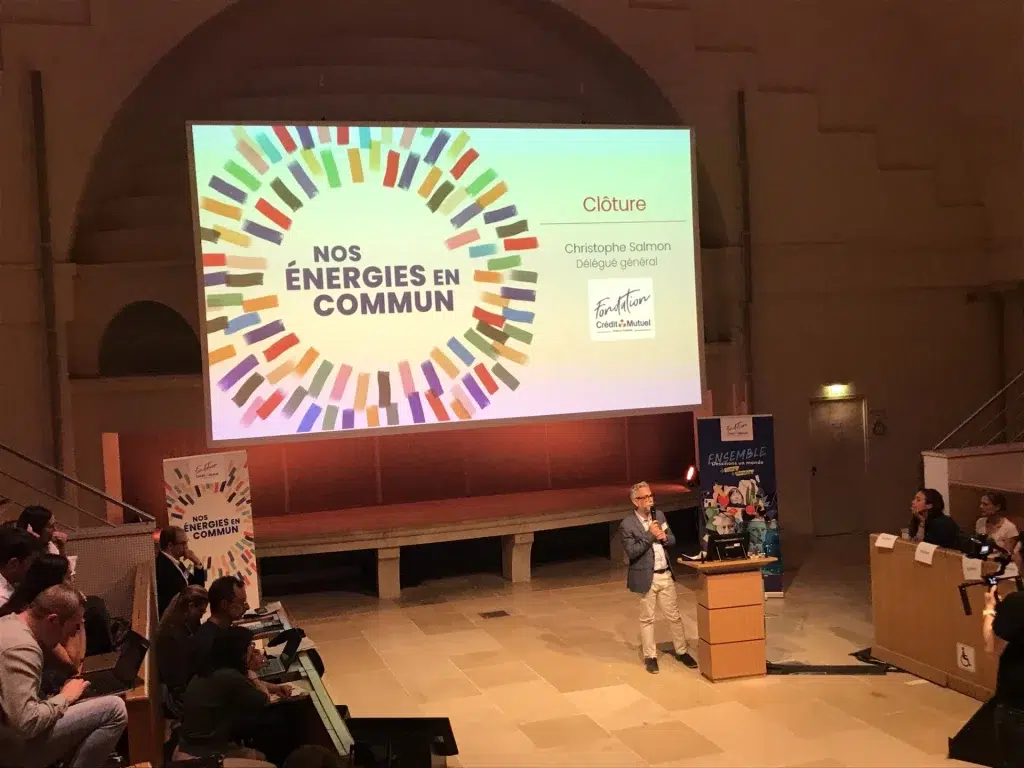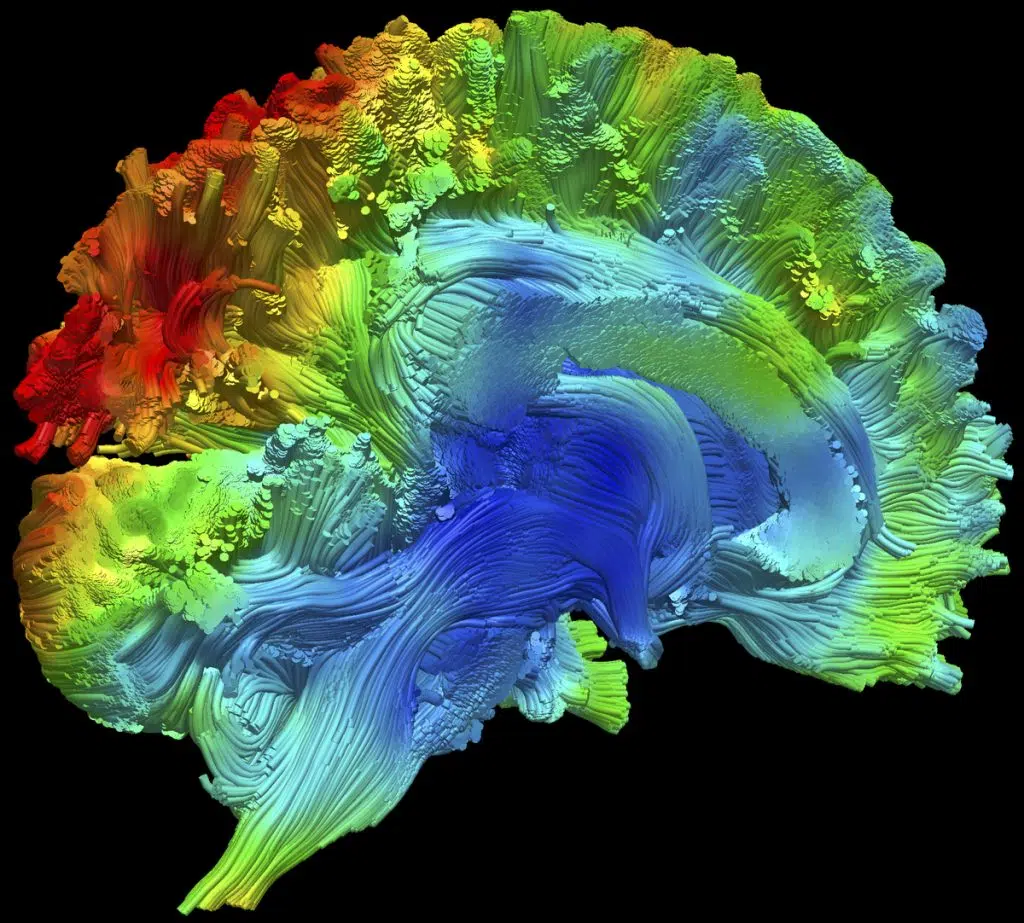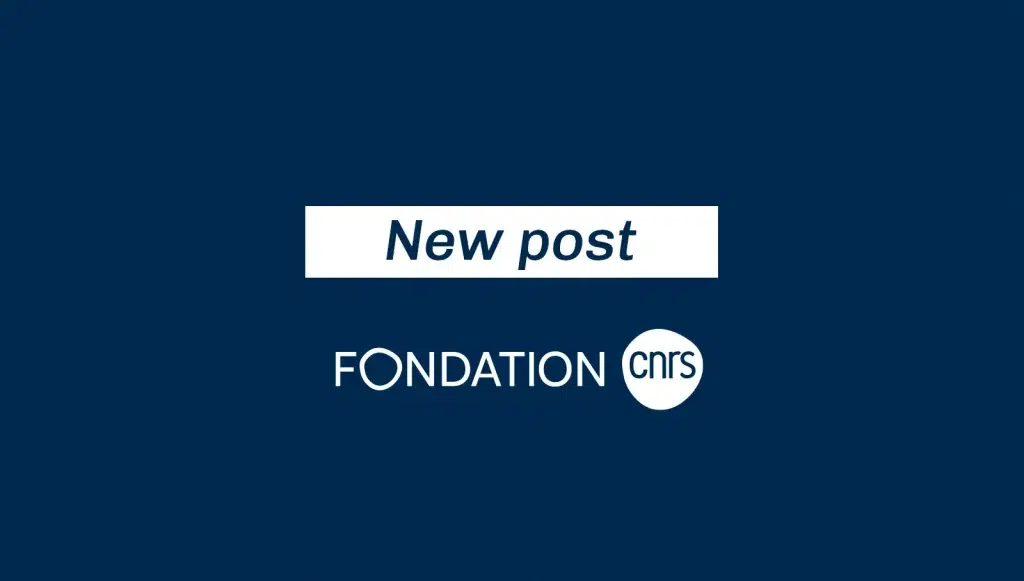In December 2020, the CNRS Foundation brought you Collective Sciencewhich benefited from precious donations.
Since then, the project has gained momentum and is starting to make a name for itself. Fabienne Cazalis, researcher at the Center for Analysis and Social Mathematics (CAMS)a joint research unit of CNRS and EHESS, and resident at theInstitut des systèmes complexes de Paris IDF (ISC-PIF)is at her initiative. This is the subject of an interview in the podcast Le Déclic #DeepTechpodcast, produced by TheMetaNews.
Collective Science aims to become a start-up with a social purpose, creating jobs for people with atypical cognitive functioning, such as autistic people. It’s clear that there’s a strong need within large companies and human resources departments, due to a desire to diversify teams. Indeed, studies show that employee diversity enhances quality and performance in the workplace. As a result, alternative tools are being developed to integrate these profiles into the working world.
Nevertheless, these tools are currently lacking when it comes to recruiting and, above all, maintaining the employment of people with cognitive disabilities.
That’s when Collective Science comes in as a facilitator in the form of a video game, the latest prototype of which is proving to be functional, foreshadowing future use.
The support of the CNRS Foundation played a key role in the project. Firstly, it strengthened the company’s legitimacy. It also enabled the internal strengthening of the teams, particularly through the recruitment of an employee who helped structure the project from a legal point of view. Finally, Collective Science benefited from institutional validation thanks to internal funding.
For more information, click here ! You can also meet Fabienne Cazalis at the Innovatives SHS trade show on May 18 and 19, 2022, or during training sessions with CNRS Entreprises.




